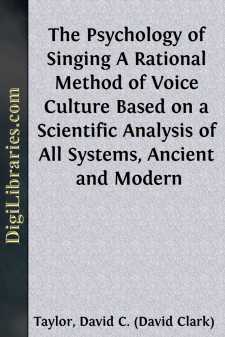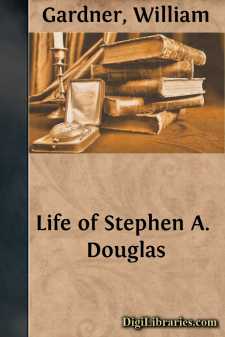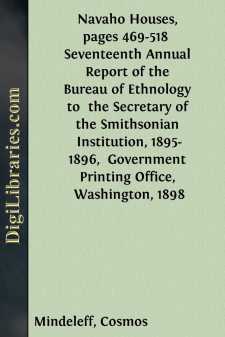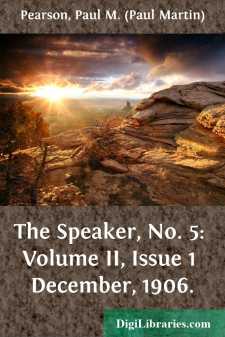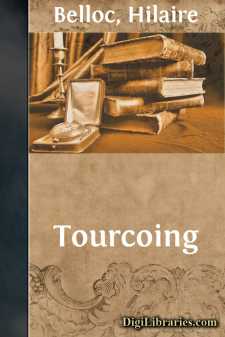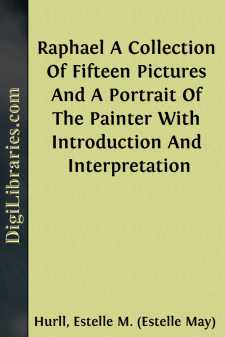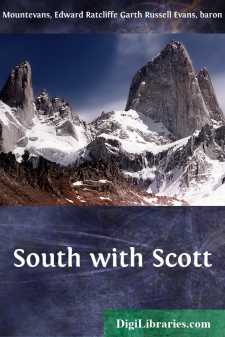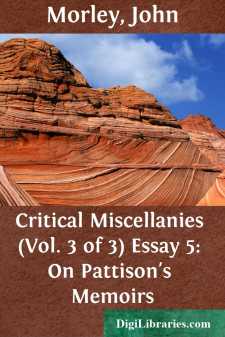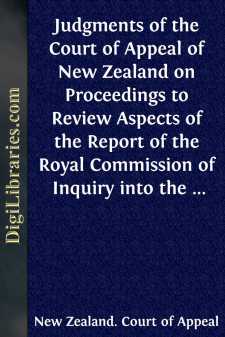Non-Classifiable
- Non-Classifiable 1768
Non-Classifiable Books
Sort by:
A peculiar gap exists between the accepted theoretical basis of instruction in singing and the actual methods of vocal teachers. Judging by the number of scientific treatises on the voice, the academic observer would be led to believe that a coherent Science of Voice Culture has been evolved. Modern methods of instruction in singing are presumed to embody a system of exact and infallible rules for the...
more...
by:
William Gardner
Douglas was now at the zenith of his success, master of all his resources, the most admired, dreaded and powerful man in American public life. History must inexorably condemn much of his most brilliant and successful work, but the very emphasis of its condemnation is an involuntary tribute to the matchless efficiency of the man. At this period he was the most masterful and commanding personage of...
more...
by:
Cosmos Mindeleff
INTRODUCTION The account of the houses or hogáns of the Navaho Indians which is presented here will be of interest to the student of architecture, it is believed, because data concerning such primitive types of house structures are quite rare. It is also thought to be of interest to the archeologist and ethnologist as well as to the general reader, for it is well known that no one product of a...
more...
n teaching public speaking the final purpose must be to train the will. Without this faculty in control all else comes to nothing. Exercises may be given for articulation, but without a determined purpose to speak distinctly little good will result. The teacher may spend himself in an effort to inspire and enthuse the student, but this is futile unless the student comes to a resolution to attain those...
more...
by:
Hilaire Belloc
PART I THE POLITICAL CIRCUMSTANCE The Battle of Tourcoing is one of those actions upon which European history in general is somewhat confused, and English history, in particular, ignorant. That British troops formed part of those who suffered defeat, and that a British commander, the Duke of York, was the chief figure in the reverse, affords no explanation; for the almost exactly parallel case of...
more...
INTRODUCTION I. ON RAPHAEL'S CHARACTER AS AN ARTIST. No one of the old Italian masters has taken such a firm hold upon the popular imagination as Raphael. Other artists wax and wane in public favor as they are praised by one generation of critics or disparaged by the next; but Raphael's name continues to stand in public estimation as that of the favorite painter in Christendom. The passing...
more...
by:
Ralph Birdsall
CHAPTER I THE INDIANS The main street of Cooperstown traverses the village in a direction generally east and west. While the street and its shops are far superior to those of most small towns, the business centre, from which the visitor gains his first impression, gives no hint of the quaint and rustic beauty that makes Cooperstown one of the most charming villages in America. Following the main street...
more...
CHAPTER I SOUTH POLAR EXPEDITION—OUTFIT AND AIMS It is nine years since the last supporting party bid farewell to Captain Scott and his four brave companions, whose names are still fresh in the memory of those who were interested in Captain Scott's last Polar Expedition. The Great War has come and gone and the majority of us wish to forget it, but the story of Scott undoubtedly appeals still to...
more...
by:
John Morley
ON PATTISON'S MEMOIRS. To reckon the subject of this volume among leading minds who have stamped a deep influence on our generation, is not possible even to the friendliest partiality. That was not his position, and nobody could be less likely than he would himself have been to claim it. Pattison started no new problem. His name is associated with no fertile speculation, and with no work of the...
more...
JUDGMENT OF COOKE, RICHARDSON and SOMERS JJ. On 5 August 1981, for reasons then given, this Court ordered that these proceedings be removed as a whole from the High Court to this Court for hearing and determination. They are proceedings, brought by way of application for judicial review, in which certain parts of the report of the Royal Commission on the Mount Erebus aircraft disaster are attacked. In...
more...


